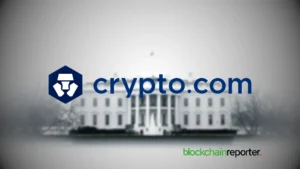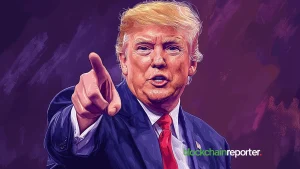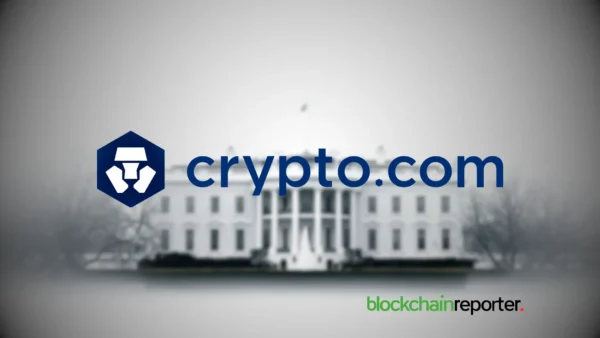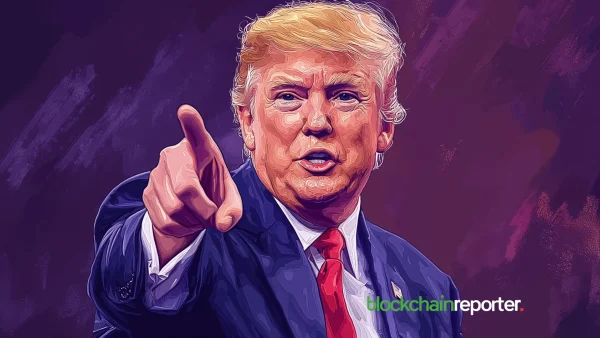
- The digital identification system will make financial services available to those without a credit history or formal identity
- The platform will be built upon the Kiva distributed ledger (DLT) technology protocol and would ensure citizens have complete ownership of their personal data
- Xavier Michon, Deputy Executive Secretary of UNCDF, says the system could serve as a model for both developing and developed countries.
The government of Sierra Leone, in collaboration with the U.N. Capital Development Fund (UNCDF), the U.N. Development Programme (UNDP) and Kiva, a leading technology nonprofit focused on providing financial access to underserved people globally, have announced the development of a blockchain-based nationwide digital identification platform to foster financial inclusivity.
Sierra Leone Adopts Blockchain Technology
As stated in the press release, during the 73rd Session of the U.N General Assembly (UNGA), the President of Sierra Leone, Julius Maada Bio announced the strategic partnership between Kiva, the U.N. Capital Development Fund (UNCDF), the U.N. Development Programme (UNDP) and the nation of Sierra Leone, to launch a distributed ledger technology-powered national identification system.
Tagged Credit Bureau of the Future, the digital identification system will provide citizens of the nation with formal identity and total control over their credit information.
Importantly, the team has made it clear that the initiative will make it possible for all those who have no credit history or formal identity in Sierra Leone to have access to financial services.
Powered by Kiva DLT Protocol
According to the news release, the system will be built upon the Kiva distributed ledger (DLT) technology network, ensuring every bonafide citizen of Sierra Leone gets secure and complete ownership of their personal data.
President Madda Bio stated that the country has signed a memorandum of understanding with the U.N agencies and Kiva to help revamp its digital identification and credit bureau system. He further noted that he does not doubt that the blockchain-based project would “modernize its Credit Reference Bureau and radically transform its financial inclusion landscape.”
Established in 2005, Kiva is a nonprofit whose primary objective is to give financial access to underserved people across the globe.
Kiva claims to have a robust network of 1.7 million lenders who have successfully crowdfunded $1.2 billion in microloans to 3 million borrowers in over 80 nations.








